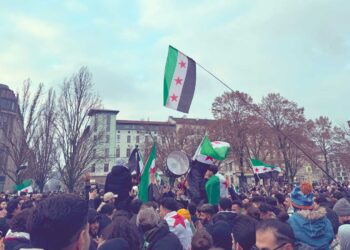This article was written with donations from our readers and proceeds from the first print edition of UntoldMag. Please get in touch with us if you would like a copy and to make a donation for further commissioning of content.
Is there a truth buried somewhere in the city? Can we ever reach it? In which path?
Memories are not just those we recall in solitude and silence; they live within us, carried as we move, as we flee death and survive. They renew themselves like the sea of Gaza—even the harsh ones, lingering through the biting cold of nights in the tents..
Then, an image appears—suddenly emerging from the ashes we brush off our souls each day. Among images of blood and torn bodies, that capture the moment of death, not survival, it stands as a memory—a reminder of what has passed and will never return. The moment pulls us back to the time of the picture; we linger in its warmth, recalling how fortunate we were to have lived that instant, how much joy we found in those fleeting, warm minutes in a quiet corner of the city. Every day, I fear my eyes will land on a glimpse of life—I fear spending the night surrounded by images of what can never return.
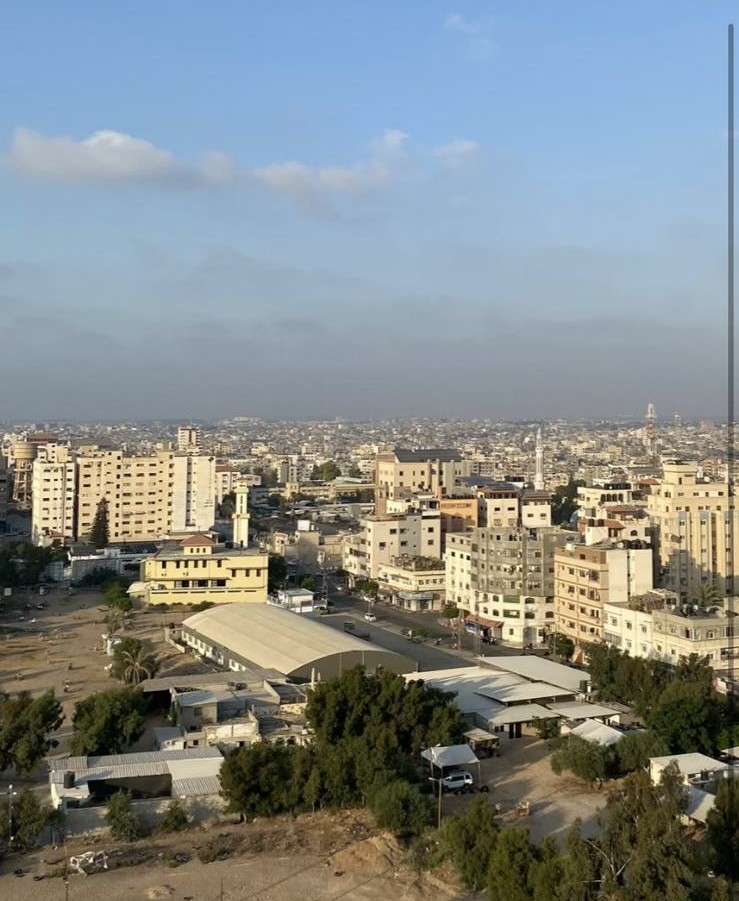
My memory, already shattered, loses its sense of time, place, and people.
My city was once like all others—ashamed of its own stories, concealing them, resisting those who tried to unearth them.
Gaza—its neighborhoods, streets, alleys, markets, and sea—has never left my mind. It remains ever-present, with every image and every piece of news of its destruction. A city resisting the systematic erasure of its people, its heritage, and its culture.
Despite the occupation army’s attempts to erase the city’s memory and history, I summon it with every image that resurfaces— from my home in Nuseirat camp to my daily route to university, passing through Al-Bahr Street in the morning and returning via Salah Al-Din Street.
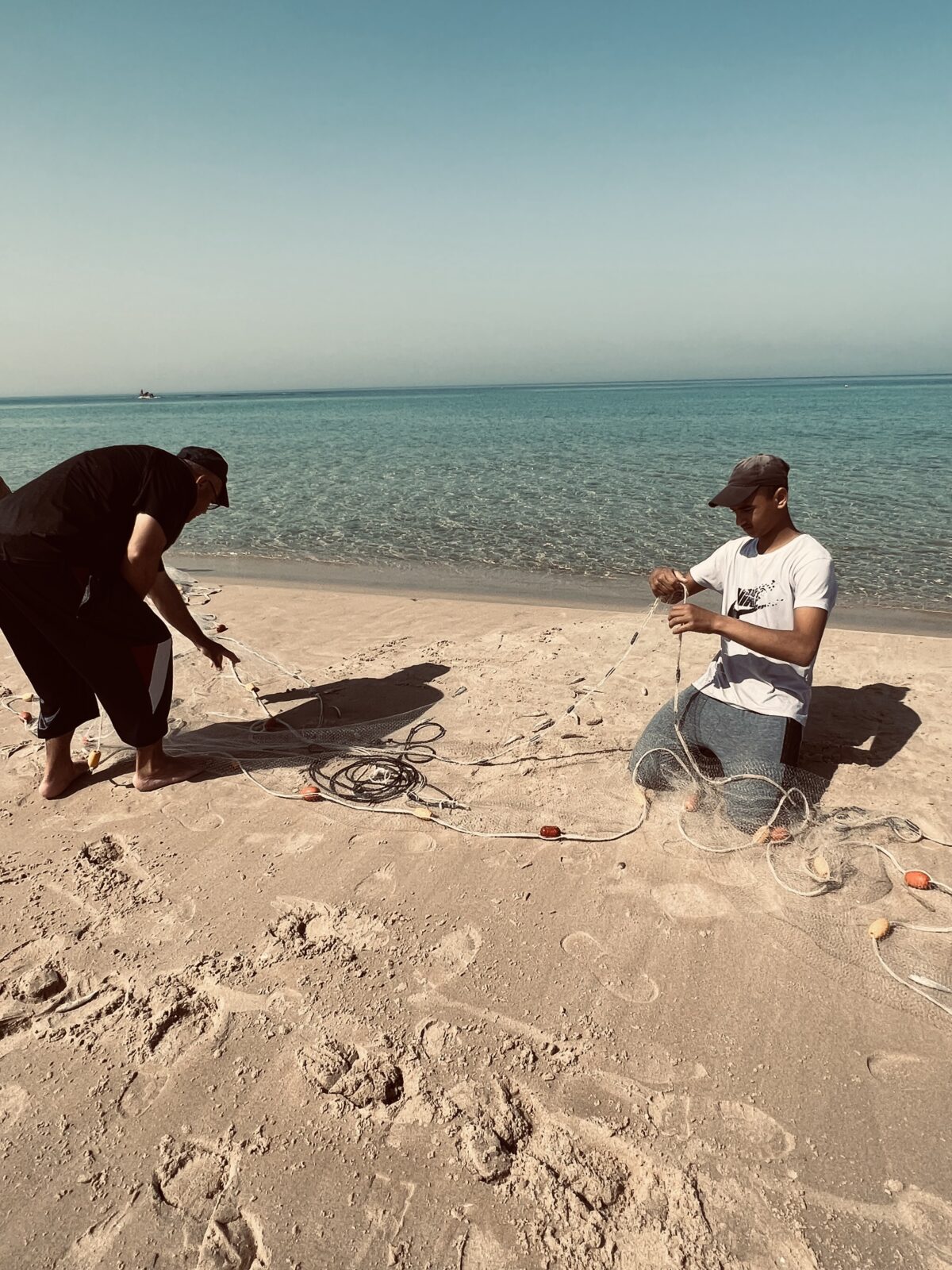
My father often left me in Shuja’iyya, in its bustling markets, near the old mosque that overlooks Shuja’iyya Park and its school. I can still picture the elderly men with their graying hair, preparing for the wheat harvest, making duqqa for the season, unlocking the doors of family-owned shops in Souq al-Zawiya, a market known for its dense crowds and distinct aroma, as people from all over Gaza gathered, especially during holidays and festival seasons.
The taste of kharoob (carob juice) from the street carts is still imprinted in my memory. I remember uncle Abu Sami, the vendor who roamed the streets with his cart every day. My mother drank his kharoob as a child, and so did I. The call to prayer from the Omari Mosque in old Gaza, the church bells ringing on Sundays, the dust-covered balconies—these sounds, these scents, these fleeting moments, all remain in my memories.
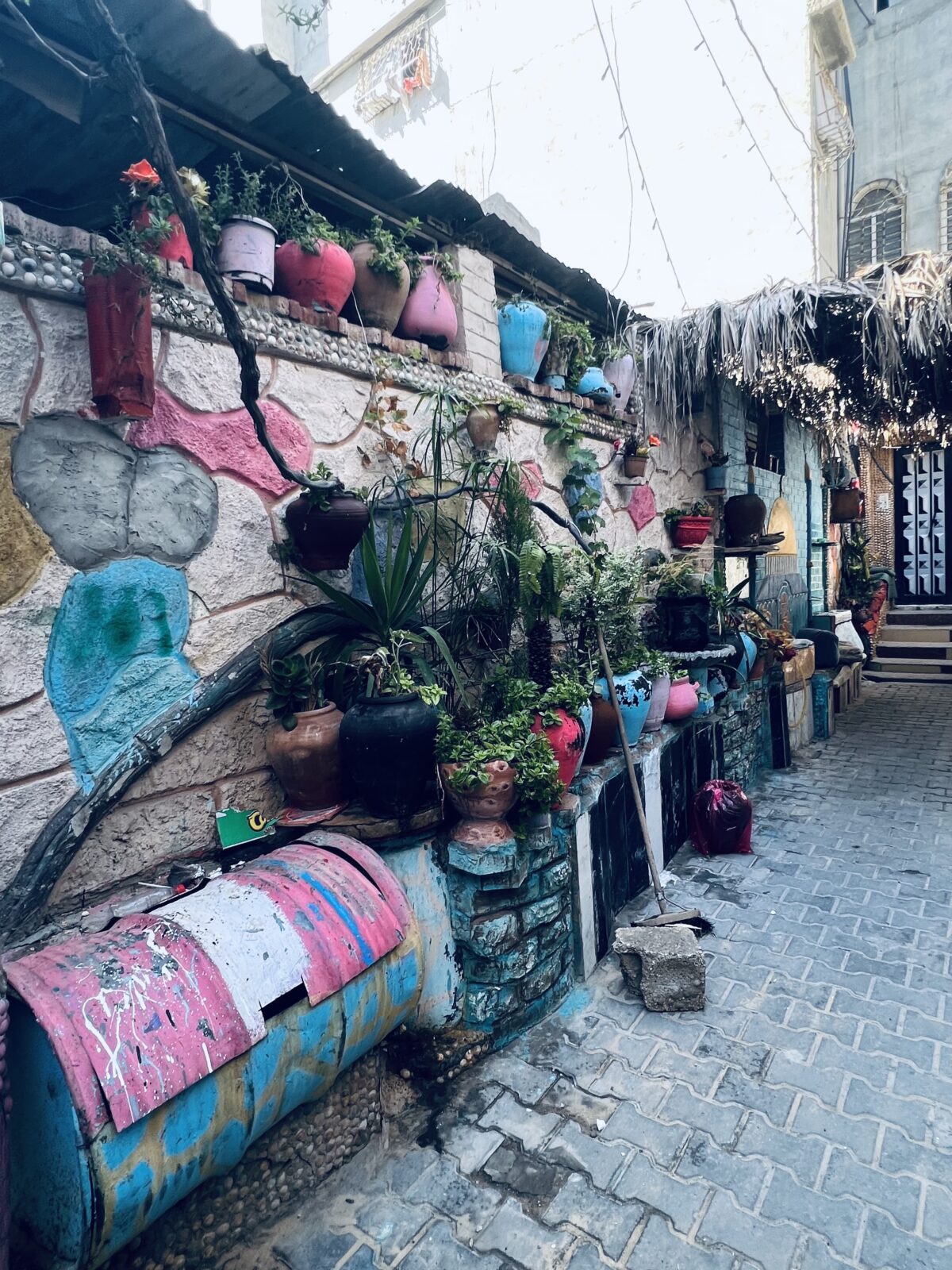
Gaza is a fragrance that lingers, weaving through autumn clouds heavy with morning dew. Its land carries the scent of orange trees and olive groves, spreading night-blooming lilies before us. It makes us weep, and then makes us laugh, as invaders descend upon it again and again. My mother always tells me: “The city’s blooming roses will return, the mint will grow again in the green tea cup, and we will fall asleep like children, exhausted from running, cradled in the arms of nature.”
Each day, I walk through the streets of Gaza, searching for the rhythms and images of the place stored in my mind. The rhythm follows me, as if I am reliving all of Gaza at once—filling my five senses, or perhaps even creating a new one, born from the depth of contemplation and longing.
I pass through the vegetable market, where pickles, peppers, olives, and vibrant produce are neatly arranged in a tapestry of colors. The scent draws me in, awakening childhood memories buried in the farthest corners of my mind. I remember Mondays, when my father would take us to buy groceries—Fridays were usually reserved for that. I see flashes of people crowding the market, greeting the vendors, life unfolding in its familiar, rhythmic dance.
I walk through the vegetable market, where stalls overflow with pickles, peppers, olives, and vegetables in every color. The rich aromas draw me in, and childhood memories flood back from the farthest corners of my mind. I remember Mondays, when my father would drive us to buy the household’s vegetables and poultry—Fridays were reserved for that. Images of people gathering, exchanging greetings with vendors, and weaving through the bustling market drift through my mind.
I found myself once again in Rimal, the heart of the city. The scent of the place carried me back to the home where I grew up—my grandmother Um Muawiya’s house, with its vast courtyard and walls adorned with photos of her sons, whom she lost because of the occupation. There, I was surrounded by loved ones, each with their own presence, each home with its own scent of cooking, each person hiding their secrets in the corners of that large house and its even larger world—one filled with music, literature, love, religion, and knowledge.
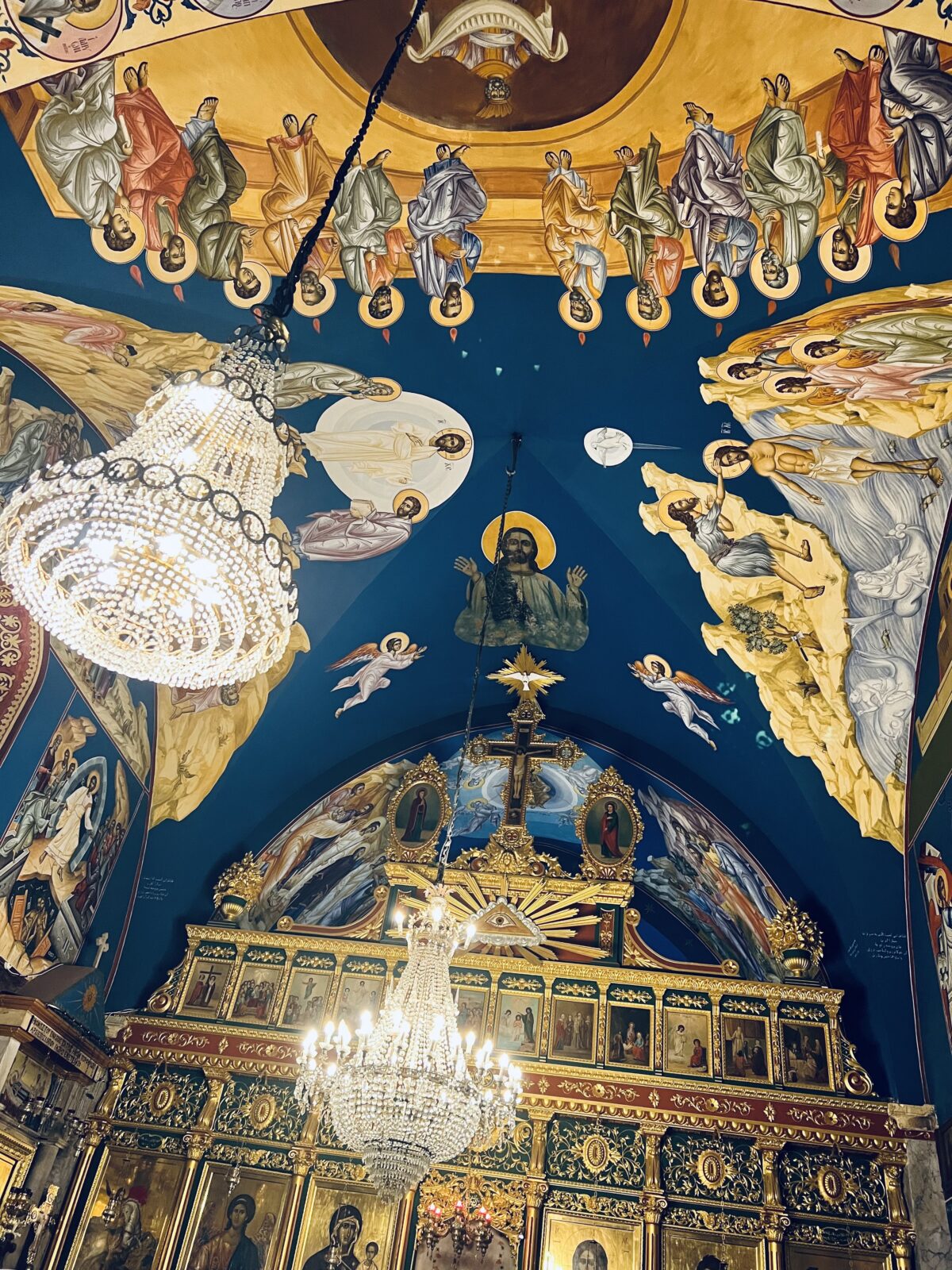
I remember the samaqiyya my grandmother prepared, the dish that gathered the family every Thursday. I remember the bed we slept on, the sharp-toothed comb she used to brush her hair. But it is all gone now. The occupation killed my grandmother at the age of 94 during its invasion of Gaza in March, during the siege of Al-Shifa Hospital. She died alone, without her ten children or her hundred grandchildren by her side.
I return to the refugee camp where I was born, just a fifteen-minute drive from the city center. Everything in the camp has its own essence—the trees, the people, even the shape of the houses. In the narrow alleys, the scent of food drifts from every home, mingling with the voices of families echoing through the walls. I see the women sitting on the doorsteps of their homes, the UNRWA schools with their striped uniforms, the agency’s clinics, the blue refugee registration book we carry to prove our displacement. And then there is aunt Rihab, who still remembers the homeland so vividly, Haifa, Jaffa, Qatra.
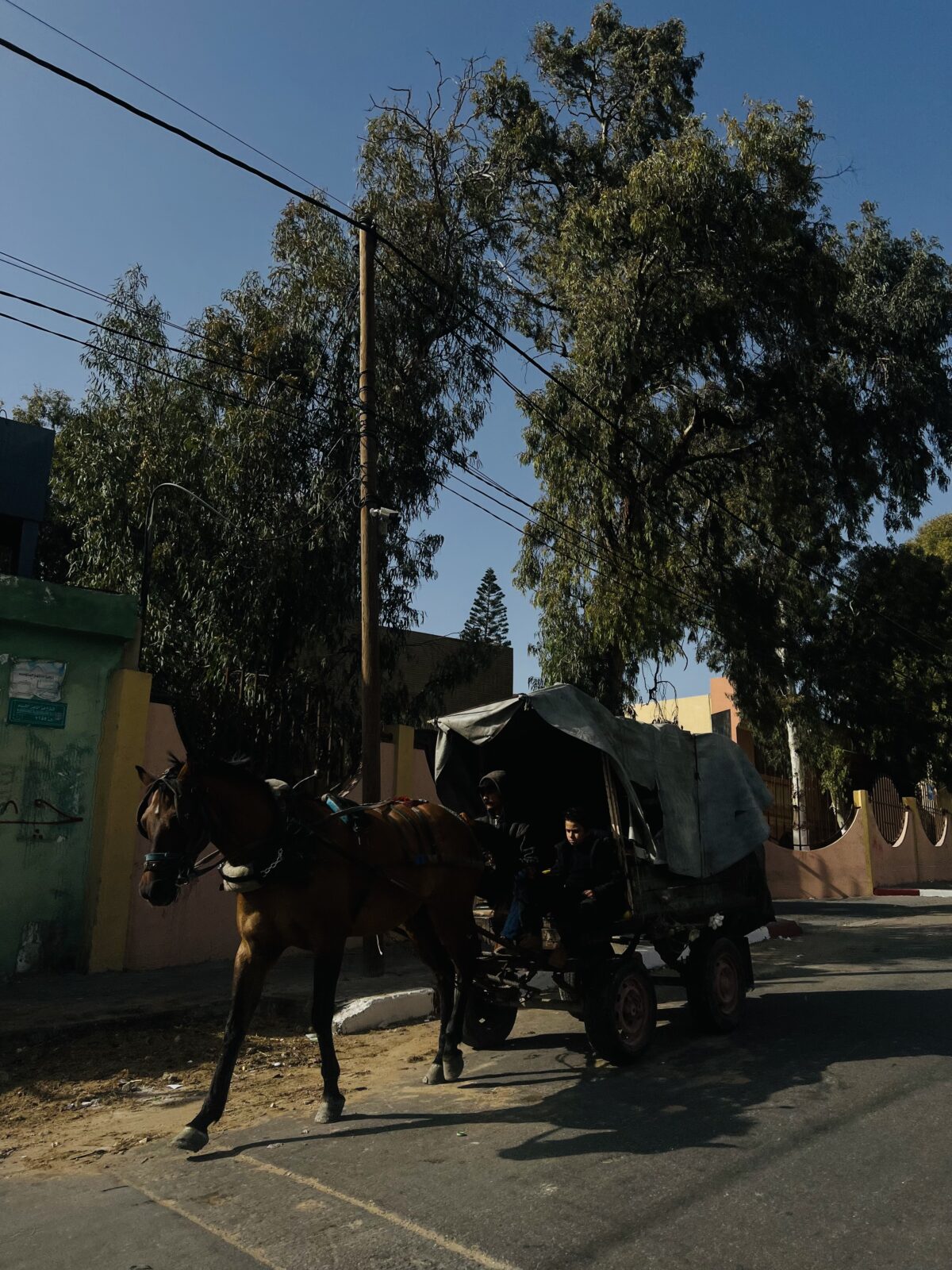
These memories, these places, are etched in the laughter of friends echoing through the streets, in the dreams they nurtured as they walked these roads, and in the dreams we buried beneath the rubble. Even our friends—the war machine took their lives, and their bodies remain under the ruins to this day.






